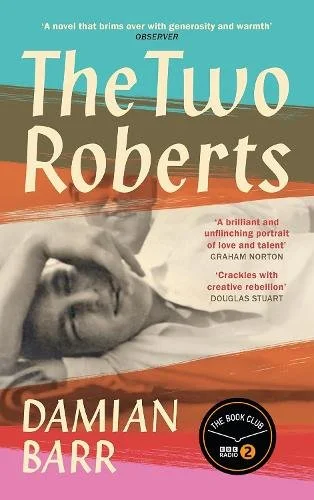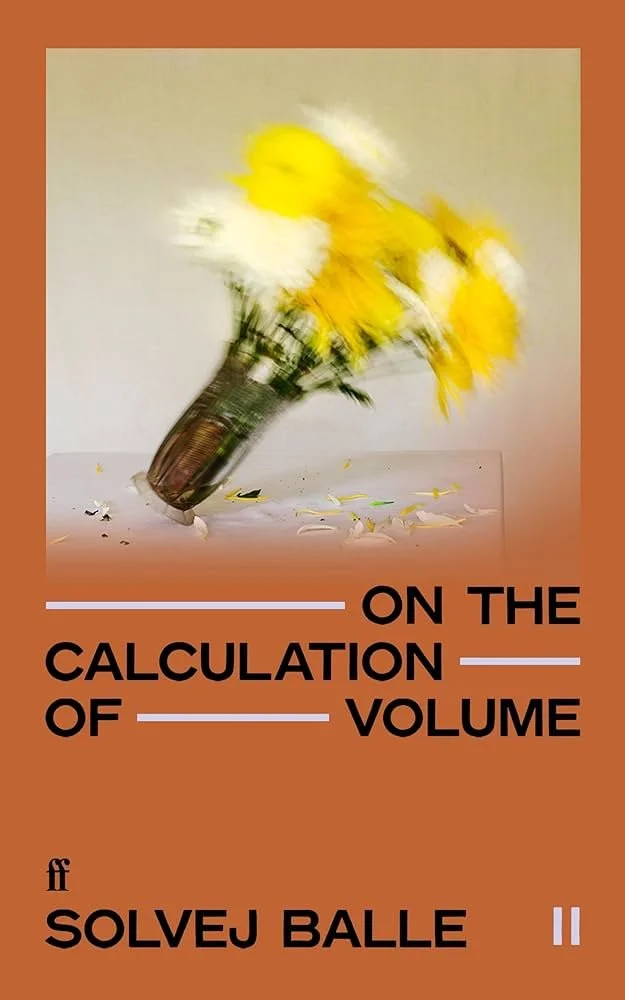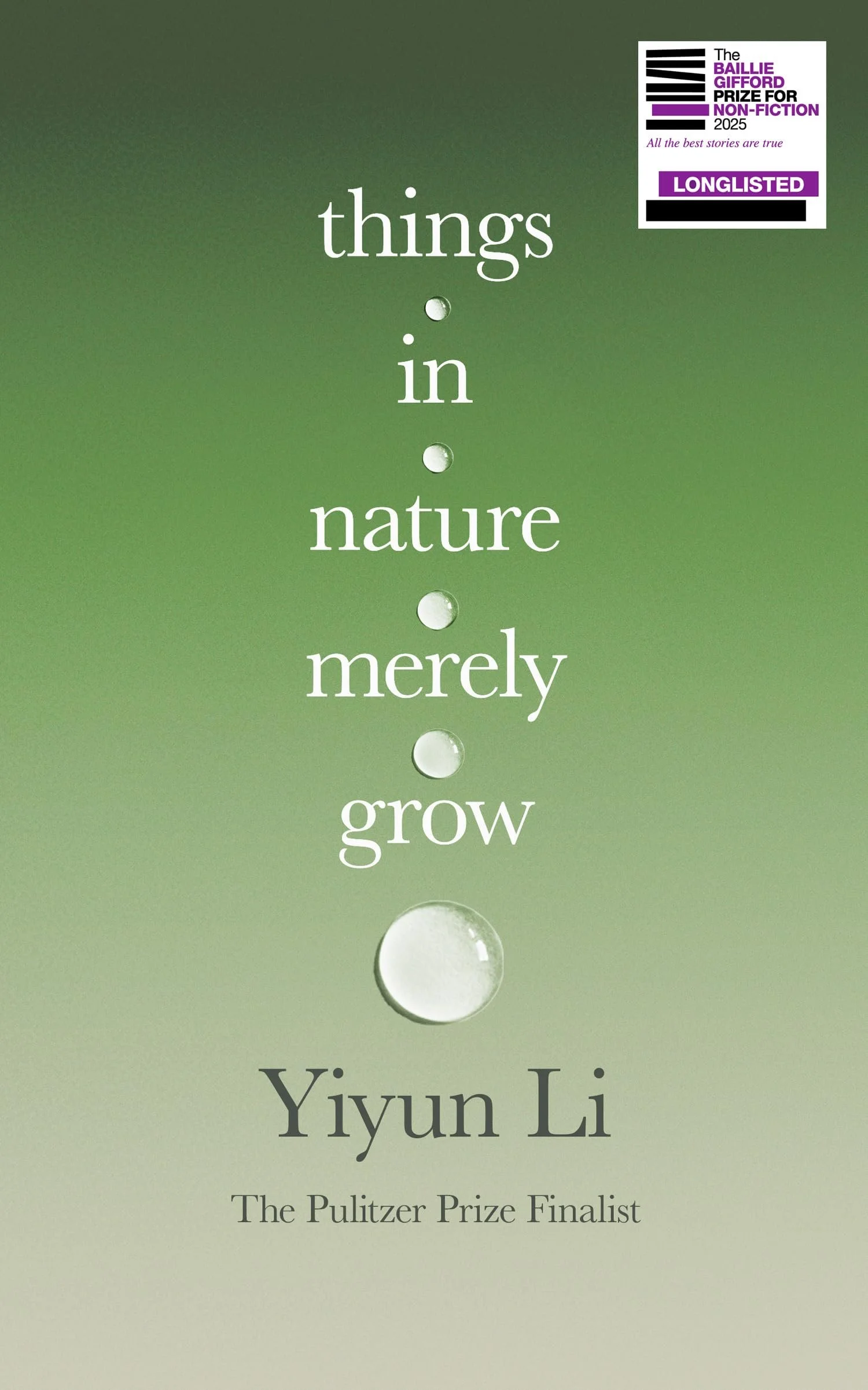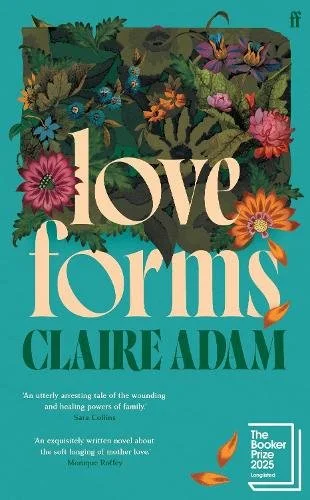Several versions of this novel exist as it was published in a serialised form and numerous subsequent book form editions of the novel contained many different revisions. I read the Penguin Classics edition which is based on the three-volume first edition, published in December 1891. This is considered to be the closest text to what Hardy originally intended and what the first readers of the book experienced. From what I understand the earlier serialised edition contained many edits based on censorship and later editions contained revisions to align the novel within the fictional geography of Hardy's Wessex.
I first read this novel over 20 years ago. While I appreciated the story at that young age, I think a lot of things about it went over my head. Even though I found reading it now a very solemn experience (poor Tess couldn't ever catch a break!) I did find it mostly engaging following the melodrama of this story. I felt for Tess in the pressure she gets from her parents to ingratiate herself with their D'Urberville “relatives”, the guilt she feels falling asleep which leads to the horse's accidental death and the terror/trauma of Alec's unwanted advances. I wish there was more of Mrs D'Urberville in the story as she was really sweet with her love for birds and acknowledging that her son is a louse! Because the section where Alec actually had sex with Tess is famously omitted, there's been a historic debate about whether Tess was raped or seduced. I think that's nonsense and personally consider it rape. Regardless of how it's defined, the fact is that she was sexually taken advantage of by a wealthy man in a position of power. Whether she grudgingly submitted to Alec's advances, was drugged or taken by force while she was asleep – it was abuse! I know that's probably a modern interpretation but I consider the nature of uneven power relationships to be a constant and Alec is a serial stalker/sex pest who assumes that because Tess is a poor peasant she'd want to be his possession. I found the subsequent section where there's the death of Tess' baby and the priest's refusal to baptize the child heartbreaking.
Even though I knew there'd be a tragic ending (though I couldn't recall all its specific details) I felt a glimmer of hope in the Spring when Tess becomes a milkmaid and has a simmering romance with Angel. However, I became frustrated by the extended amount of time taken with their courtship and Tess' dilemma about whether to confess to Angel what happened in her past. Parts made me wonder if this was padding which came from the book's initial serialisation. Angel actually fooled me into thinking he might be a good dude, but of course on their wedding night he's revealed to be a hypocrite since she instantly forgives his having sex with another woman but doesn't forgive Tess for having non-consensual sex. Then there's the disturbingly weird and ridiculous scene of Angel sleep walking with Tess and carrying her to a grave declaring that she's dead. All he wanted was an idealised version of her and a country virgin with whom he could start a farm. To make matters even worse, he propositions one of the other milk maids to go to Brazil with him though she confesses she could never love him as much as Tess. Angel is such a coward and it's cruelly satisfying reading how he has such a hard time in Brazil.
The subsequent sections of Tess arduously working the fields and trying to scratch out a living also felt tediously long to me. There is the character of Farmer Groby who is cruelly driven to torture Tess making her perform hard labour and remind her of her shameful past. He makes a contrast to kindly Mr Crick, her former employer at the dairy. I was struck by the scene where Tess defaces herself, cutting off her eyebrows and wrapping her head in a scarf to try to discourage the unwanted advances of men. Over this long period of time Tess' attitude does seem to change. We see through her letters to Angel that she gradually comes to accept that she's not to blame and he should have been more sympathetic to her plight. It felt like a ridiculous coincidence that when Tess finally goes to Angel's family for help that she overhears Angel's bitchy brothers talking dismissively about Angel and Tess. All the while she is continuously pestered by Alec who seems to pop up behind her at every turn after his weak religious conversion has crumbled. In fact he blames Tess for his conversion “backsliding” because of that tempting mouth of hers which no man can seem to resist. But since her family are literally turned out onto the street with all their belongings after the death of Tess' father it makes sense that Alec is her only option because otherwise her siblings would starve. Even though Alec is disgusting at least he's not hypocritical like Angel – he simply wants Tess as a possession and still wants to marry her though she's married already.
It's so interesting how the perspective shifts after Angel returns and Tess tells him it's too late. Rather than portraying the murder we simply observe the blood soaking through the ceiling as observed by the householder, Mrs Brooks. It's such a creepy scene and interesting how the novel suddenly becomes like a thriller with Tess and Angel on the run. I felt this was a welcome relief after the tedium of Tess' gruelling life in the fields. Of course, it doesn't last long with them bizarrely happening upon Stonehenge and Tess having a good nap before the police take her away. It seems apt the section is titled “Fulfilment” as Tess seems to fulfil her role as a martyr by declaring about her impending arrest “I am almost glad – yes, glad! This happiness could not have lasted. It was too much. I have had enough; and now I shall not live for you to despise me!” That Tess would suggest to Angel that once she's gone he should marry her sister Liza Lu seems totally perverse. This actually happens at the end as Angel and Liza Lu watch on as the black flag declares that Tess has been hanged for her crime. The couple is far from romantic and it's infuriating Tess has been punished for her only crime while all the people in her life who have wronged her have not faced any justice (except Alec.) I assume this is the sentiment Hardy wanted to evoke in readers to drive home the injustice of what someone like Tess goes through.
I felt this book fell into the category of fiction where the author seems to over-manipulate events to evoke sympathy for a tragic character. As such it was hard for me to feel fully invested in a figure whose life is artificially packed with misery and tragedy. I understand the grander symbolic reasons for Hardy constructing the story in this way which I'll discuss shortly, but I think it's partly why this book is such a hard sell with modern readers. I kept thinking about the contemporary example of “A Little Life” where readers commonly criticise the way the author never allowed the character of Jude to get better or find a sustained happiness and that she seemed intent on perversely torturing a character whose life she wanted readers to care about. Hardy's depiction of Tess feels all the more disturbing knowing he was partly inspired to write the novel from the memory of witnessing a beautiful woman's (Elizabeth Martha Brown) execution when he was a teenager. I feel like this says a lot about how Hardy portrays Tess as an irresistibly attractive but fated figure, but maybe I'm reading into it too much.
Despite being designed for tragedy, I did appreciate how Tess is imbued with an ability to dream beyond her circumstances. A scene I really enjoyed is early on when Tess and her brother Abraham are driving the horse and they have a conversation about the night sky and stars. It's remarked how each star is a world and there are “splendid” or “blighted” worlds and Tess remarks that they live on a blighted world. Later on there's a scene where Tess describes how she likes to “lie on the grass at night and look straight up at some big bright star; and, by fixing your mind upon it, you will soon find that you are hundreds and hundreds o' miles away from your body, which you don't seem to want at all.” There's a sense that she knows she's been dealt a bad hand with her family's petty striving for an aristocratic ancestry, being raped by Alec, losing her child and a life of manual labour having been abandoned by her husband. Nevertheless, she maintains a sense of integrity and tries to do what's right (until the end when she commits murder.)
This makes me ponder the meaning behind the novel's subtitle “A Pure Woman”. Tess is “pure” in the sense that she has done nothing wrong to cause so much hardship in her life and only acted in the best way she can given the circumstances. Alec sees her as “pure” in the sense she is an impoverished peasant available for purchase and Angel sees her as a “pure” virginal country girl. Because they have these idealised notions of her they can't recognise Tess for who she really is (someone who is simply not attracted to Alec and Angel doesn't see she is a victim of rape.) So I think the subtitle has a layered meaning. However, I also think it's a limitation of the novel that Hardy has designed Tess to be so relentlessly “pure”. Would Tess be any less worthy of sympathy if she had flirted with Alec before he raped her? Or married Alec after the violation purely for financial gain? Or kept her past a secret from Angel? Or insisted on financial assistance from Angel's family because she's his abandoned wife? Or left her many siblings to the responsibility of her parents to establish an entirely independent life elsewhere? Personally I prefer reading about characters who make morally dubious choices which are nonetheless logical and understandable rather than following a compulsively “good” or “pure” character who is a tragic victim of circumstance. Of course, Hardy was being progressive at the time showing why it's inhumane to blame a victim of rape as any woman who had a child out of wedlock at that time (regardless of the reason for her pregnancy) would have been widely condemned. Certainly such misogyny still exists today but the wretchedness of Tess' plight doesn't make it as satisfying a read today.
It's interesting that Hardy was drawn more to writing poetry (as I understand it, he wrote novels more for financial reasons than artistic satisfaction which is why he returned to poetry in the later years of his life.) Parts of the book did feel beautifully written to me, especially the descriptions of agricultural life which is detailed as being both tranquil and very difficult. Unsurprisingly Hardy was influenced by Whitman and I think that can be seen in the writing (Whitman is even referenced at one point.) However, as some have noted, there are numerous lines which are over-complicated. Reading them and unpacking their full meaning can be somewhat laborious. But overall I found it fairly easy to read despite its antiquated style and structure. I felt much of the dialogue yielded a lot of humour (whether it was intentional or not.) And, speaking of rare funny moments in the story, I did find the scene where Angel carries the milkmaids over a body of water while they all swoon in his arms to be hilarious.
All that I've discussed so far refers more to my personal reaction to this novel. However, I appreciate there's a lot more in this book which has a historic and symbolic significance. I found it interesting frequently flipping to the notes at the back of the novel to understand the literary/religious/historical references. In both the story and its structure Hardy explores the tension between Fate/Freedom, Christianity/Paganism, Nature/Civilisation and old world/modern world. The seasons during which events take place relate strongly to cycles of rejuvenation/fertility vs deterioration/death. Tess' reasons for turning her back on Christianity are much different from the intellectual reasons which draw Angel to a rural life separate from his father's beliefs. Of course, there's a lot more to consider from a scholarly perspective and I know I've just dipped my toe in reading/listening to a few discussions. Even after doing so, it still puzzles me somewhat why it's considered such an established classic that is often taught in schools (my husband recounted to me how he had to spend multiple months studying this novel.) I'm not saying it's without artistry or depth, but I find the work of other Victorian authors such as Dickens, the Brontes, George Eliot, Anthony Trollope, Elizabeth Gaskell and Wilkie Collins to be much richer and more enjoyable.

















